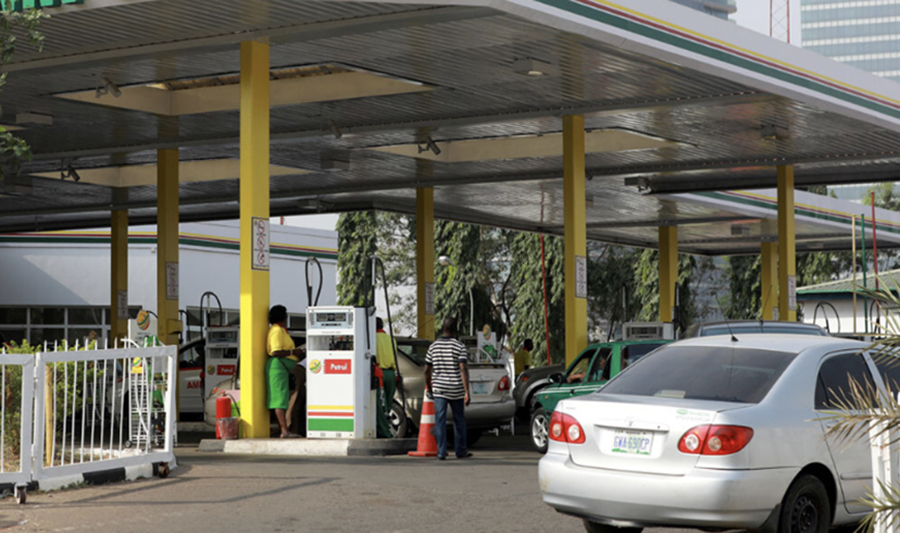Head of Strategy and Public Affairs at Nairametrics, Uade Ahimie has said that the petrol pricing template under the defunct Petroleum Products Pricing Regulatory Agency (PPPRA), which was used to calculate the costs of fuel pump prices in the country, is still somewhat valid.
He said this during an interview via Arise Television on Thursday, July 27.
The PPPRA price template had the following elements:
- Wholesalers margin
- PPPRA Admin charges
- Bridging fund
- Marine transport allowance
- Taxation (05% on turnover)
- Expected ex-depot price
- National transport allowance
- Retailer’s margin
- Expected retail price
Meanwhile, Ahimie noted a few changes to the old template;
- The National transport allowance and marine transport allowance are no longer included in the current template.
- Also, wholesale and retailers’ margins are now computed by oil marketers and retailers.
Fuel importers are paying freight costs as high as a million dollars
During the Arise TV interview, Ahimie said that the rise of international crude prices will increase costs for petrol importers into the country and inevitably cause a rise in fuel pump prices.
According to him, the pricing template is pretty much the same now as it was before.
However, now, oil marketers are importing as opposed to the Nigerian National Petroleum Company Limited being the sole importer of fuel.
At the same time, marketers are expected to bear the burden of shipping costs, he noted that current freight costs range between $650,000 to a million dollars.
Ahimie also stated that in addition to freight costs, marketers also bear the landing costs as well as distribution costs, which vary due to location.
These costs increase further when the exchange rate factors in.
He also said that the costs are different for members of the Independent Petroleum Marketers Association of Nigeria (IPMAN), Major Oil Marketers Association of Nigeria (MOMAN) as well as other producers.
What can reduce fuel pump prices in Nigeria?
Ahimie said the rehabilitation and start-up of the country’s refineries will not stop the increase in fuel pump prices. According to him, the solution for reducing prices lies in the expansion of infrastructure and not in refining. He said:
- “Once we can stabilize our exchange rate to maybe N600/N650, then prices might not climb as high as we expect. If crude oil prices are going North, fuel prices will climb.
- “If crude oil prices go South, fuel prices will drop, that’s how the market will play out.”
Ahimie suggested the following measures to reduce fuel pump prices in Nigeria:
- Infrastructure expansion which will involve the establishment of blending plants
- Development and maintenance of active pipelines across the country.
- Establishment of fuel storage facilities across the country, to reduce distribution costs.
Impending strike action by Labour
While addressing the impending strike action by the Nigeria Labor Congress (NLC) slated for August 2, Ahimie said that although the proposed increase in workers’ salaries will come from the federal government, it is wise for state labour unions to start working with all the state governments and get the appropriate data needed for the issuance of whatever palliative measures the government will come up with after stakeholder talks.
This way, it will become easier for the federal government to replicate that.










